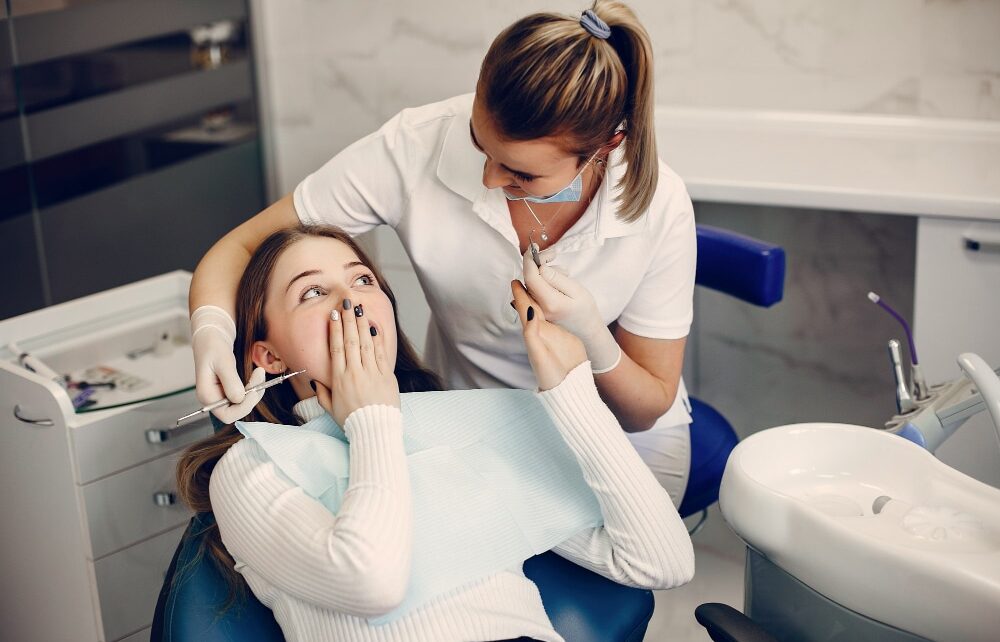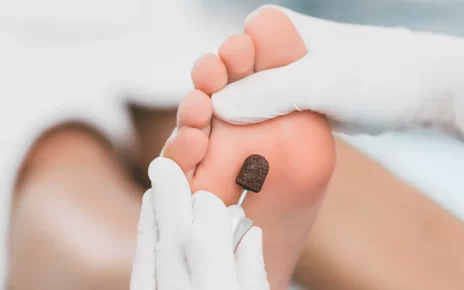Understanding Dental Emergencies
When it comes to dental emergencies, quick and effective intervention is crucial. Whether it’s a severe toothache, a broken tooth, or any other sudden dental issue, seeking immediate professional help is essential. This is where emergency restorative dentistry comes into play. Restorative dentistry focuses on repairing and restoring damaged teeth, ensuring not only relief from pain but also the preservation of dental health and functionality.
The Role of Restorative Dentistry in Emergency Situations
Restorative dentistry encompasses various procedures aimed at repairing and enhancing the structure and function of teeth. In emergency situations, such as dental trauma or severe tooth decay, restorative dentists utilize their expertise to provide timely and effective solutions. These solutions may include:
- Dental Fillings: One of the most common restorative procedures, dental fillings are used to repair cavities caused by decay. In emergency cases where a tooth has been damaged, fillings can help restore its integrity and prevent further deterioration.
- Dental Crowns: A dental crown is a cap that covers a damaged or weakened tooth, restoring its shape, size, and strength. In cases of severe tooth damage or fracture, a dental crown may be necessary to protect the tooth from further harm and restore its functionality.
- Dental Bridges: For patients who have lost a tooth or multiple teeth, dental bridges offer a fixed solution for restoring their smile and bite. In emergency situations where a tooth has been knocked out or extracted, a dental bridge can help fill the gap and prevent adjacent teeth from shifting out of place.
- Root Canal Therapy: When a tooth becomes infected or abscessed, root canal therapy may be required to remove the infected pulp and save the tooth from extraction. In dental emergencies involving severe tooth pain or swelling, root canal treatment can provide much-needed relief and preserve the natural tooth structure.
- Dental Implants: In cases where a tooth is irreparably damaged or missing, dental implants offer a long-term solution for replacing missing teeth. Dental implants not only restore the appearance of the smile but also provide stability and function comparable to natural teeth.
Seeking Prompt Dental Care
In a dental emergency, time is of the essence. Delaying treatment can exacerbate the problem and lead to further complications. Therefore, it’s essential to seek prompt dental care at the first sign of a dental emergency. Whether you’re experiencing severe tooth pain, a knocked-out tooth, or any other urgent dental issue, contacting a restorative dentist immediately is crucial.
The Importance of Preparedness
While dental emergencies can occur unexpectedly, being prepared can help mitigate their impact. Knowing how to respond in a dental emergency can make a significant difference in preserving dental health and preventing further damage. Here are some tips for handling common dental emergencies:
- Toothache: Rinse your mouth with warm water and floss gently to remove any food debris that may be causing discomfort. If the pain persists, contact your dentist for further evaluation.
- Knocked-Out Tooth: If a tooth has been knocked out, handle it by the crown (the part visible in the mouth) and rinse it gently with water. Try to reinsert the tooth into its socket, if possible, and hold it in place while seeking immediate dental care. If reinsertion isn’t possible, store the tooth in a container of milk or saliva and bring it to your dentist as soon as possible.
- Broken or Fractured Tooth: Rinse your mouth with warm water and apply a cold compress to reduce swelling. Avoid biting down on the broken tooth and see your dentist as soon as possible for evaluation and treatment.
Conclusion
In times of dental emergencies, having access to emergency restorative dentistry can make all the difference. By understanding the role of restorative dentistry in addressing dental emergencies and knowing how to respond promptly and effectively, individuals can ensure the best possible outcomes for their dental health and well-being. Remember, when it comes to dental emergencies, timely intervention is key to preserving your smile for years to come.





